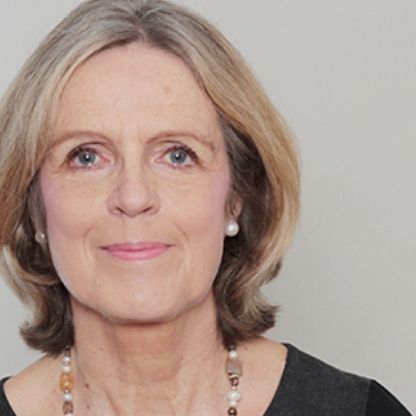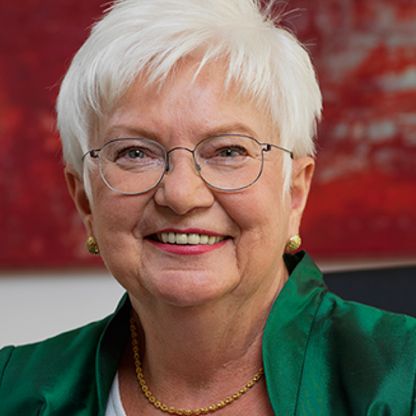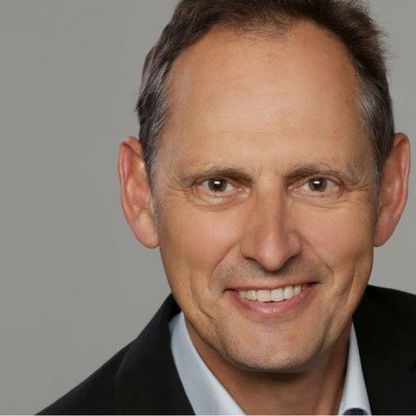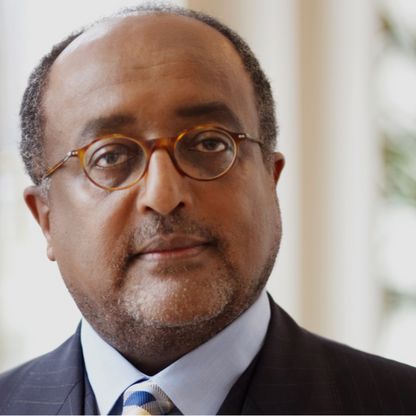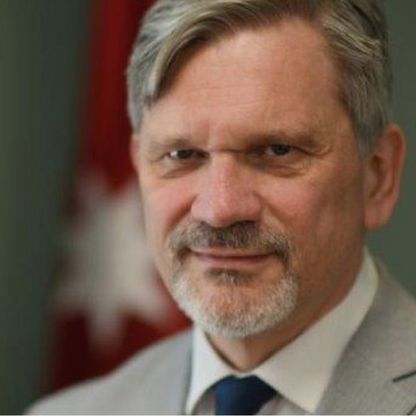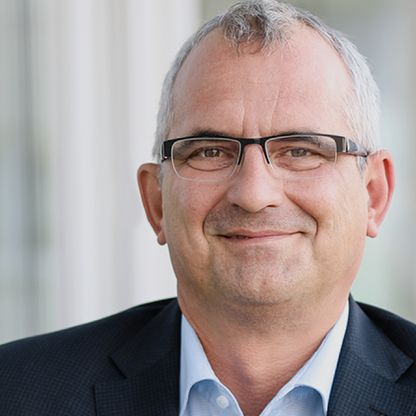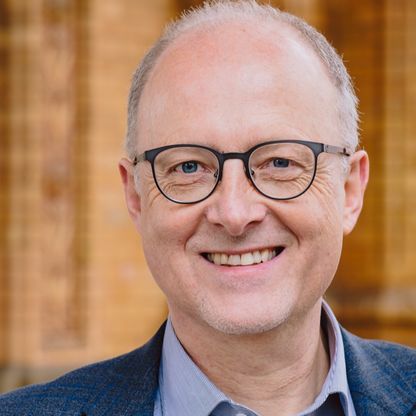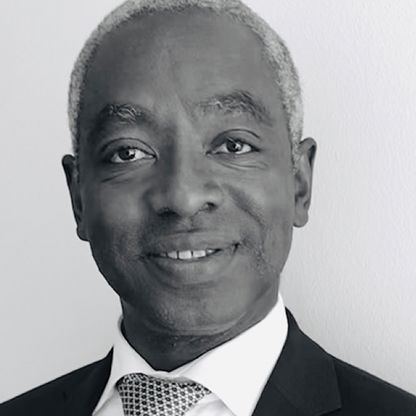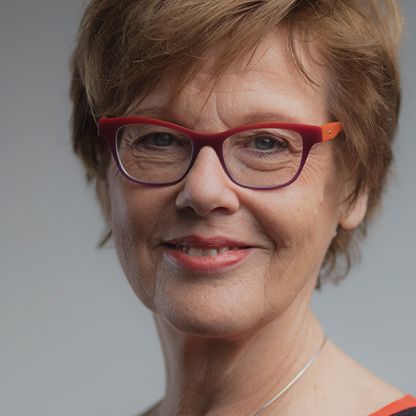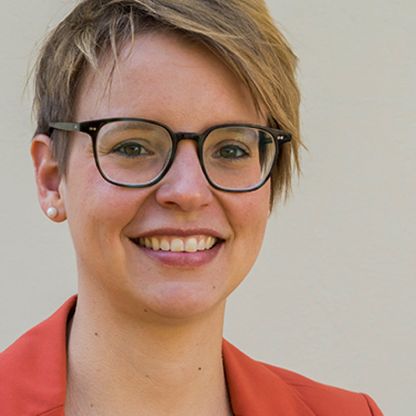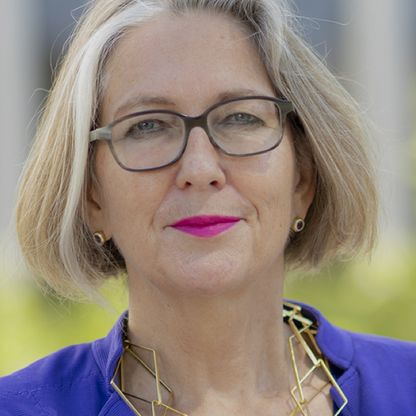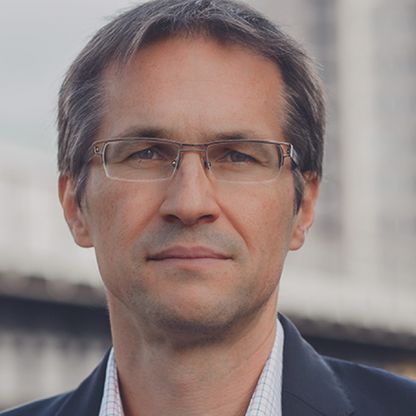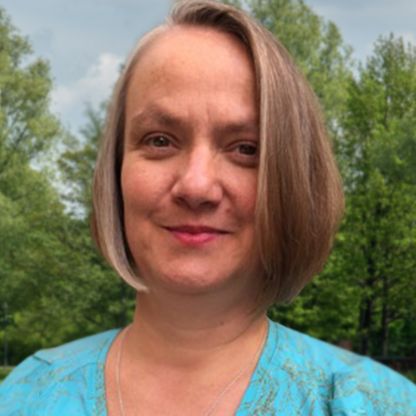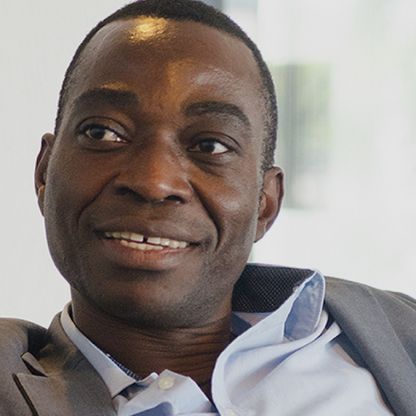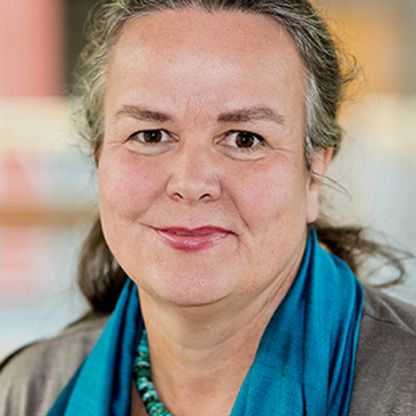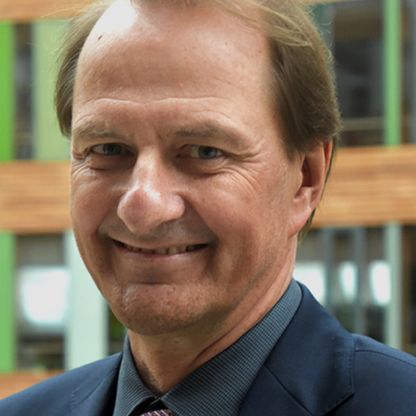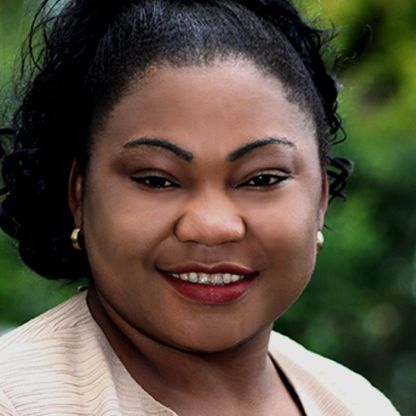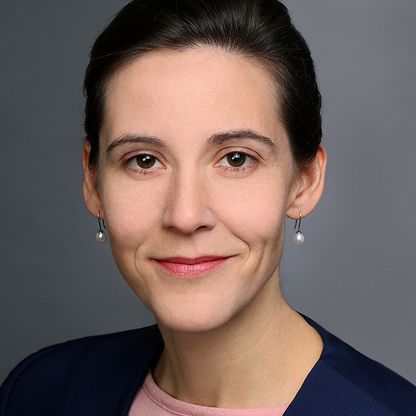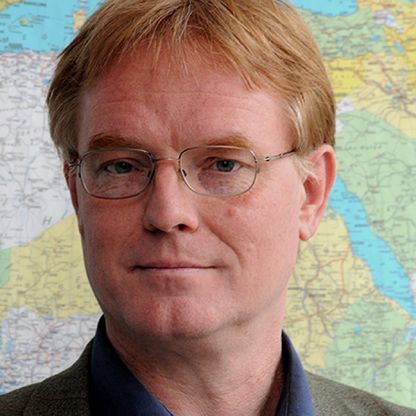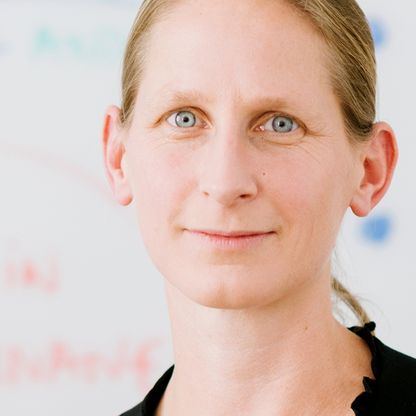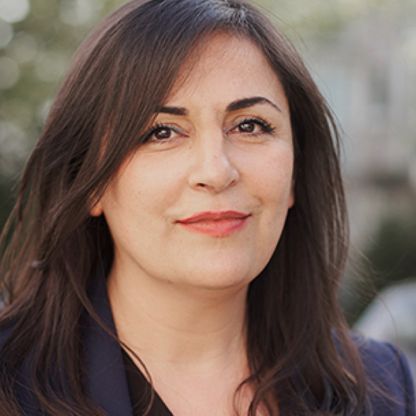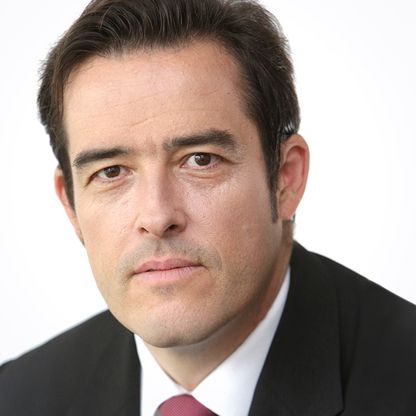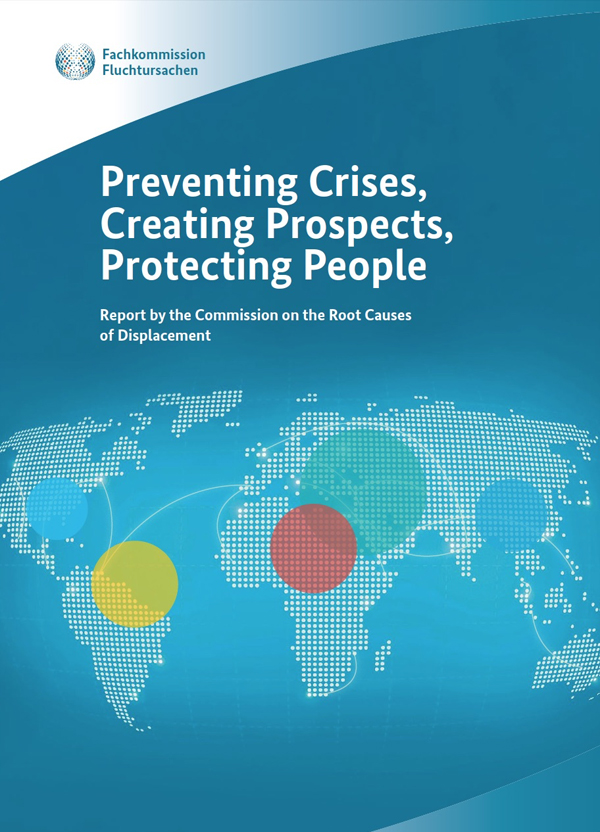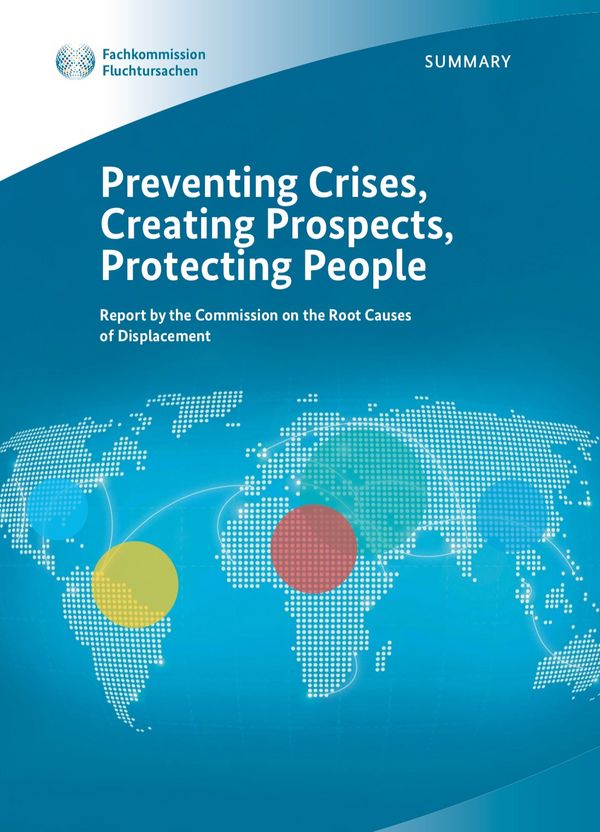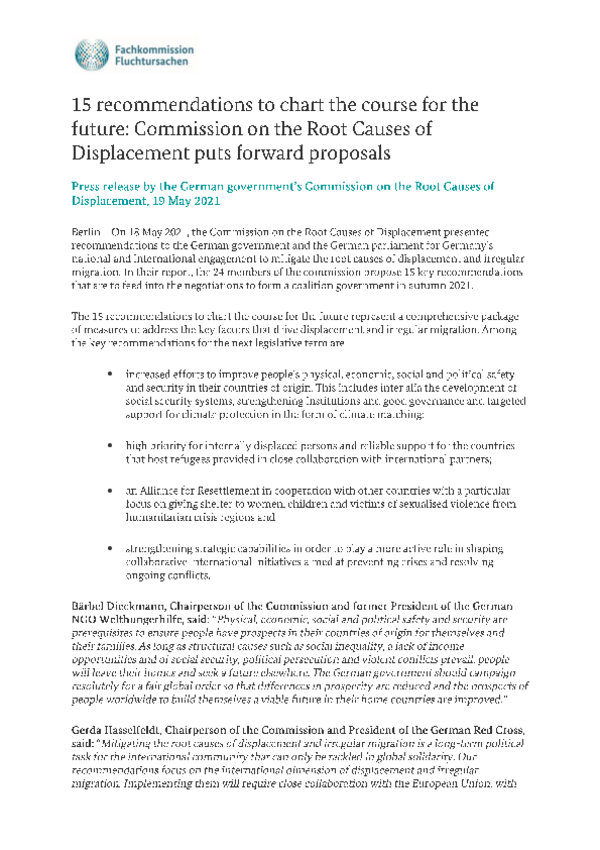How can the root causes of displacement and irregular migration be mitigated effectively?
Over the last decade, the number of people who are refugees has nearly doubled as a direct consequence of the crisis hotspots in the world. The increase in the number of people who have been internally displaced by crises, conflicts and natural disasters is even higher. There is often more than just one reason why people leave their home countries. Besides climate change, the COVID-19 pandemic is also aggravating the most familiar drivers of displacement and irregular migration: war, persecution, hardship and a lack of prospects.
Preventing Crises,
Creating Prospects,
Protecting People
Report by the Commission on the Root Causes of Displacement
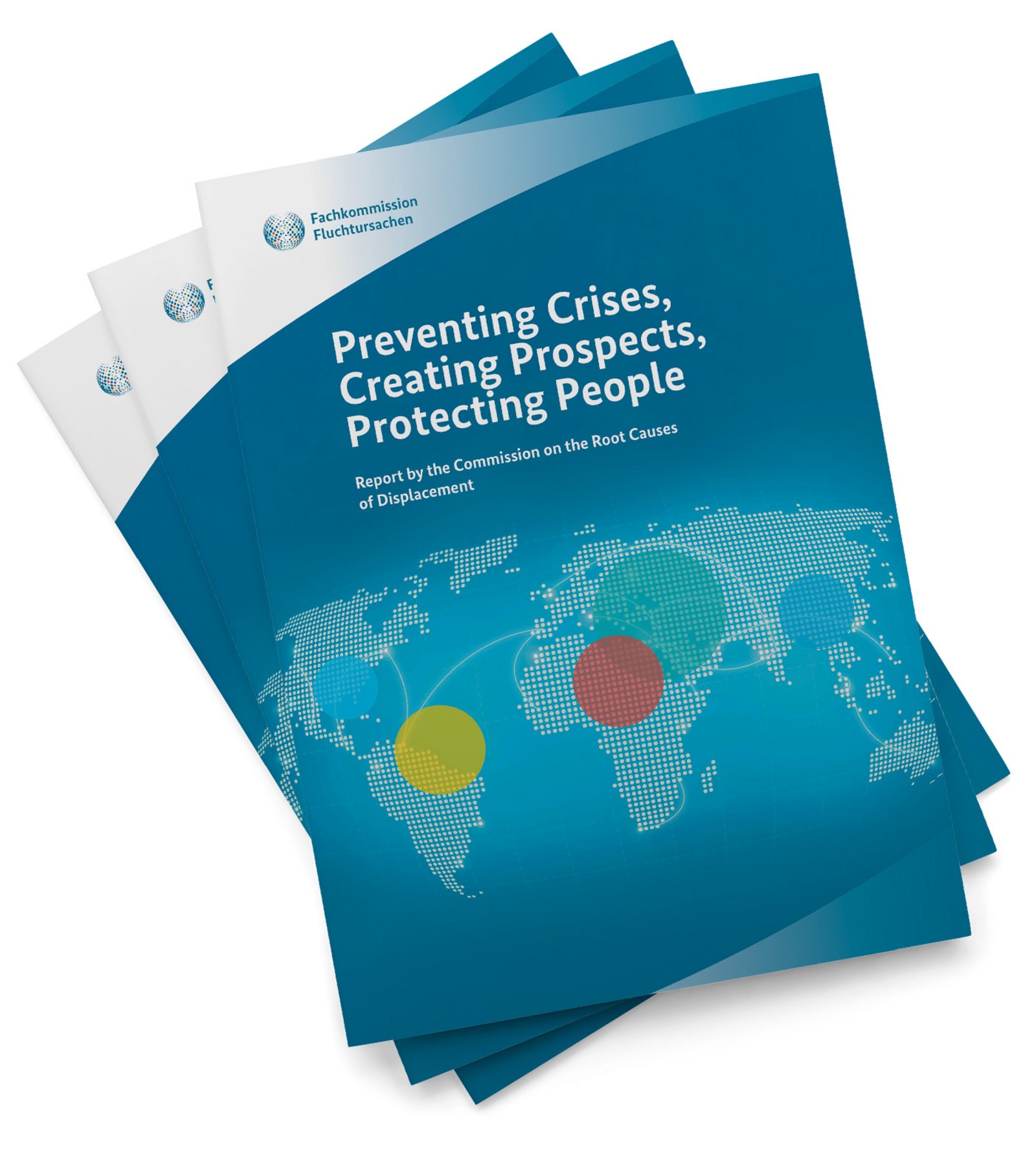
The independent Commission on the Root Causes of Displacement was mandated by the German government in July 2019 to develop approaches for the effective mitigation of these root causes. Starting in October 2019, 24 experts from academic institutions, non-governmental organisations, the private sector and international organisations carefully studied the broad range of issues that play a role in displacement and migration – from conflict, human rights violations and political persecution all the way to resource scarcity, structural food insecurity, inequality and the consequences of climate change.
Having closely analysed these matters for one and a half years, the Commission on the Root Causes of Displacement presented its findings to the German government and the German parliament (Bundestag) in a report on 18 May. In the report, proposals for Germany's future national and international activities across the entire range of displacement- and migration-related areas are presented by the members of the Commission. Fifteen specific recommendations for action are to serve as input for the negotiations on the formation of the new government in the autumn of 2021, so that Germany can chart the right course for mitigating the root causes of displacement and irregular migration in the next legislative term.
Report by the Commission and Summary
Preventing Crises, Creating Prospects, Protecting People
Report by the Commission on the Root Causes of Displacement
Download (pdf | 27 MB | accessible)Preventing Crises, Creating Prospects, Protecting People (Summary)
Report by the Commission on the Root Causes of Displacement
Download (pdf | 1 MB | accessible)15 recommendations to chart the course for the future: Commission on the Root Causes of Displacemet puts forward proposals
Press release, 19 May 2021
Download (pdf | 608 KB)Members of the Commission on the Root Causes of Displacement
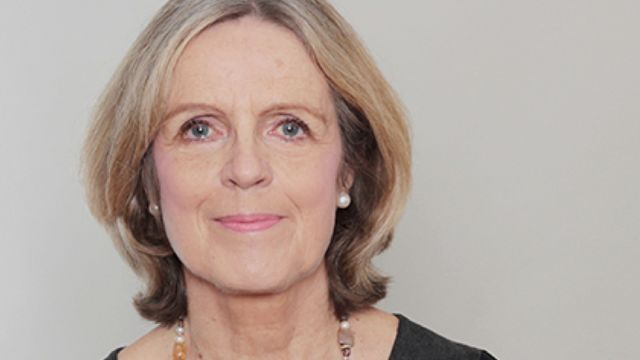
„Physical, economic, social and political safety and security are prerequisites to ensure that people have prospects in their countries of origin for their lives and their families. As long as structural drivers such as social inequality, a lack of income opportunities and of social security, political persecution and violent conflicts prevail, people will leave their homes and seek a better future elsewhere.“

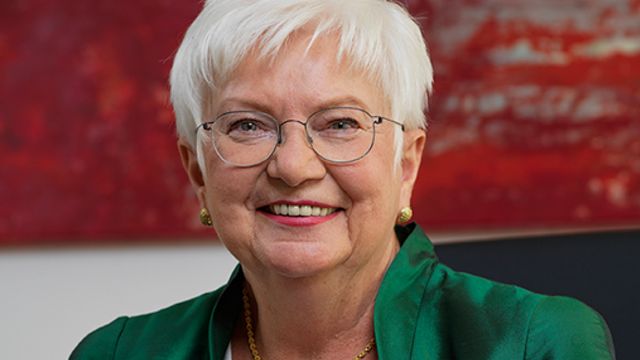
„Our goal was to propose a package of measures that fairly answers the significant challenge. I hope that through our report we will contribute to an informed debate in politics, academia and civil society and that our recommendations will create a basis for political decision-making in the new legislative term.“

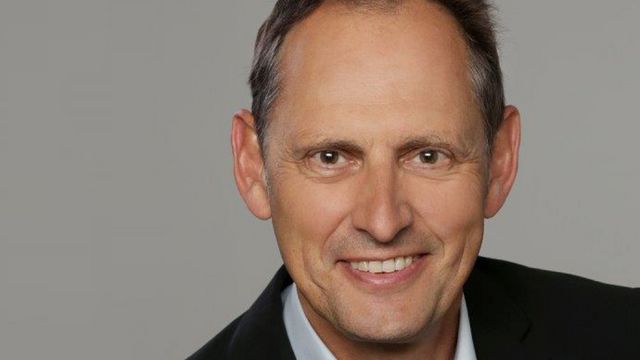
„Protecting refugees, creating prospects for people in their home regions and managing migration – these are major tasks for the future which are linked to one another and which we can achieve if we take a well-considered approach and work together as partners.“

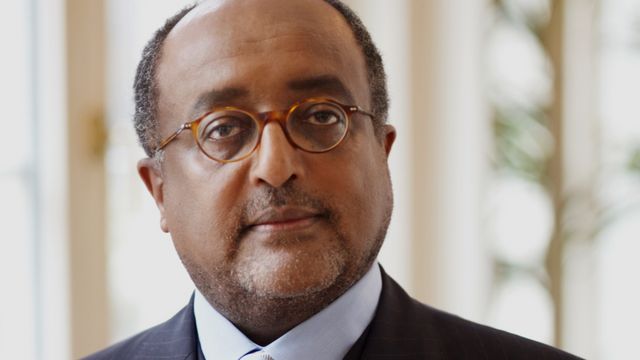
„We need to be consistent in promoting and demanding good governance!“

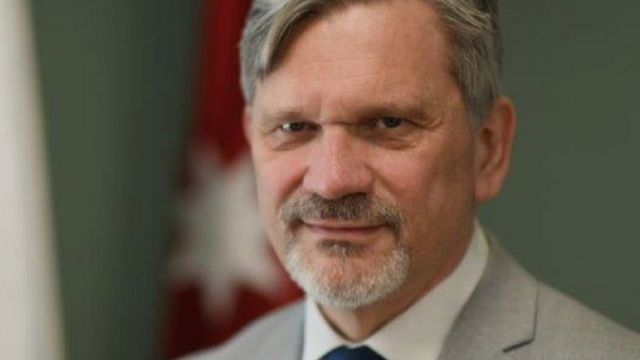
„We must find ways to provide sustainable and predictable support to the major refugee-hosting countries like Turkey, Lebanon or Jordan, in an effort to create long-term prospects for the refugees who have found protection in those countries.“

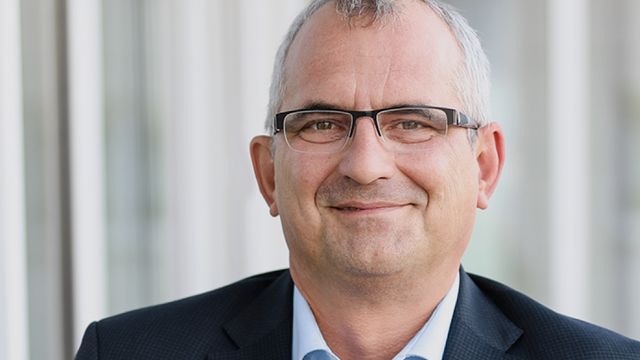
„Managing conflicts, ensuring the sustainable provision of food, clean drinking water and health services, and creating better prospects through access to education, job creation and social protection are fundamental pillars of a policy aimed at reducing displacement and forced migration. These are complex tasks requiring patience and perseverance – you can’t expect immediate impacts.“

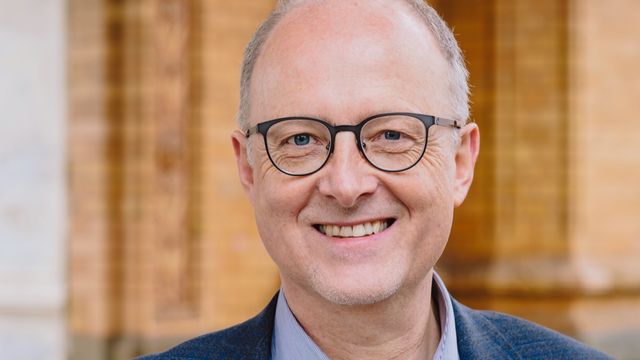
„Displacement and migration have many causes. Wars, violence or a lack of prospects are frequent causes for people to leave their homes. At the same time, migration is a constant in human history and has generated many positive developments. Making future life prospects possible everywhere and using the opportunities that migration offers is our dual political and social responsibility.“

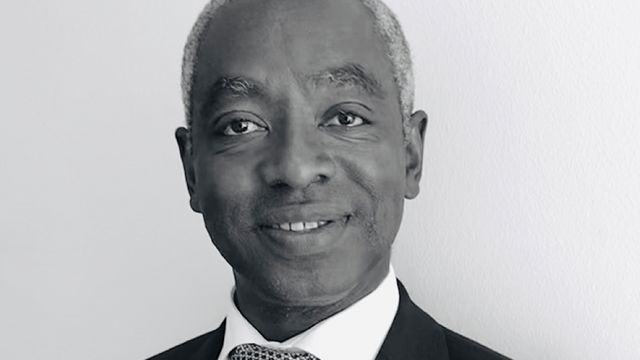
„We need more international solidarity and we urgently need to support young people in Africa and endogenous initiatives like Africa’s Great Green Wall. The wall is a concrete African response to climate change and the spreading desertification in Africa, and it will help reduce poverty. In sub-Saharan Africa it is young people in particular who are adversely affected by the lack of jobs and prospects. And the COVID-19 pandemic is now exacerbating the situation.“

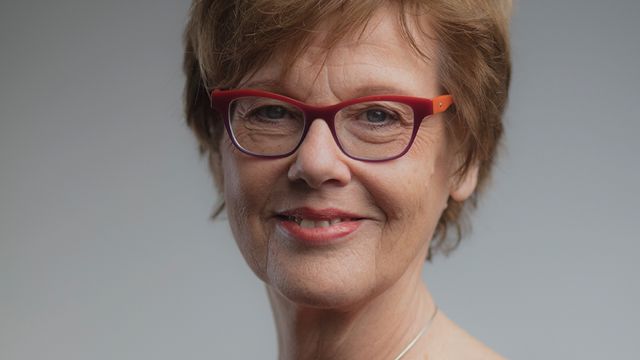
„The German government should campaign resolutely for a fair global order so that the causes of displacement and irregular migration are reduced. The Sustainable Development Goals (SDGs) of the United Nations provide the framework for this. They call for far-reaching changes here in Germany as well, for example ambitious climate action in order to reach the Paris climate targets, fair trade relations with developing countries and restrictive arms exports.“


„Millions of jobs are created in the Global South by innovative start-ups and small businesses, many of which are aimed at satisfying basic daily needs – and they often have a huge social impact. Improving their operating environment and supporting them creates prospects for people on the ground and is the foundation for stable and sustainable economic development.“

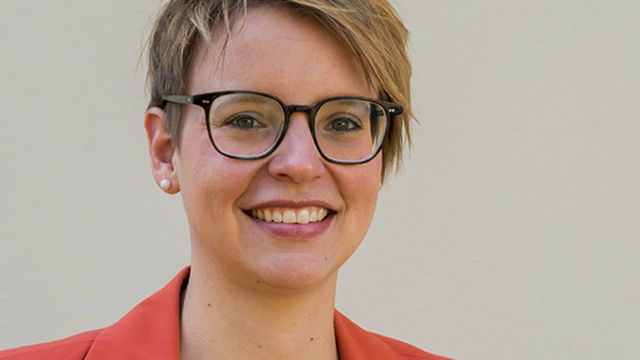
„Education is the key for good development possibilities for each individual person and for whole nations. It promotes participation in society, is a prerequisite for better income prospects and helps to prevent conflicts. Whoever wants to sustainably reduce the root causes of displacement must therefore place a high priority on promoting good primary and secondary education in development cooperation.“

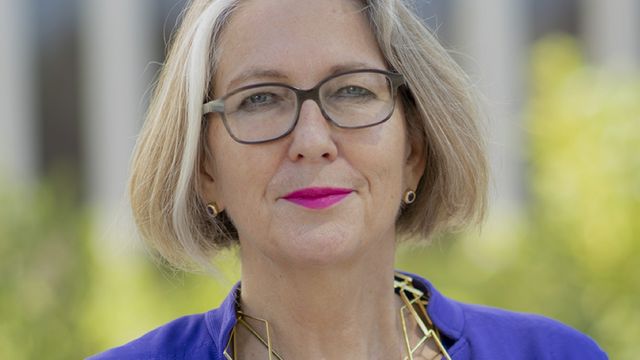
„Reducing the root causes of displacement will be an ongoing task for the German government and must be understood as an investment in the future. Humanitarian assistance remains a key imperative at all times. However, the cost of preventing conflicts and crises is lower than the cost of dealing with the aftermath. Strengthening resilience is a way to help prevent conflicts and to create prospects for people in need.“

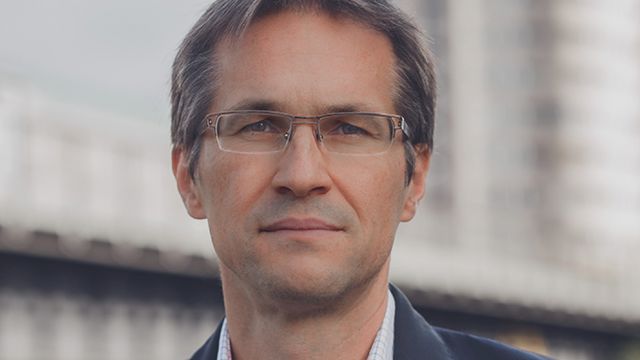
„The next German government should launch a coalition for resettlement with participating countries committing to resettle a number of refugees each year that is equal to at least 0.05 per cent of the population of the country accepting them. For Germany that would mean about 40,000 refugees per year. With other EU countries joining in, resettlement commitments of 120,000 people per year could be achieved, and if the US and Canada came on board 250,000 a year would be possible. Without overstretching the capacities of any one country, as a concrete offer of assistance for people in need of protection and for first host countries.“

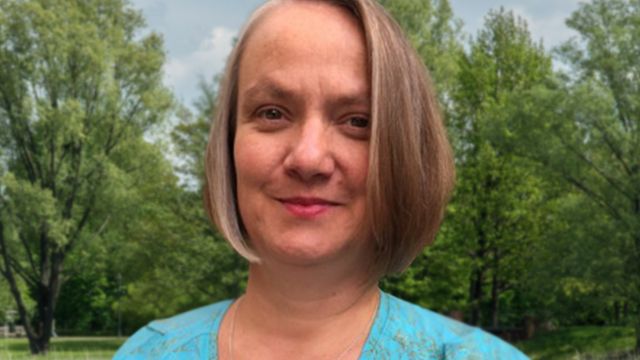
„That efforts are being made to reduce the root causes of displacement cannot justify that for years the worst kind of human rights violations at the EU’s external borders have been tacitly accepted with the aim of reducing the number of irregular migrants and people seeking refuge in the EU.“

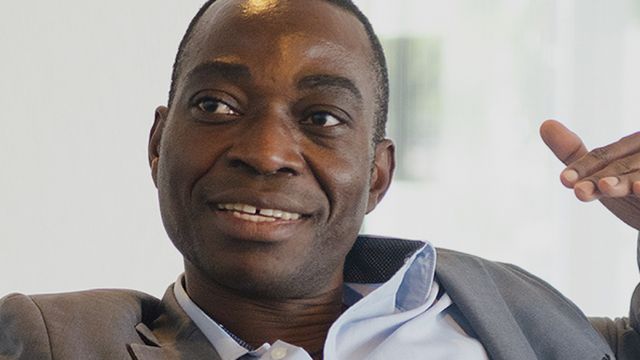
„Reducing the root causes of displacement is not about being engaged in an undifferentiated approach everywhere in the world; it means first and foremost sweeping around our own doorstep. This involves consistently making our own contribution towards building peace – for example by stopping arms exports –, towards fair economic structures and towards preserving the natural foundations for livelihoods by fighting climate change.“

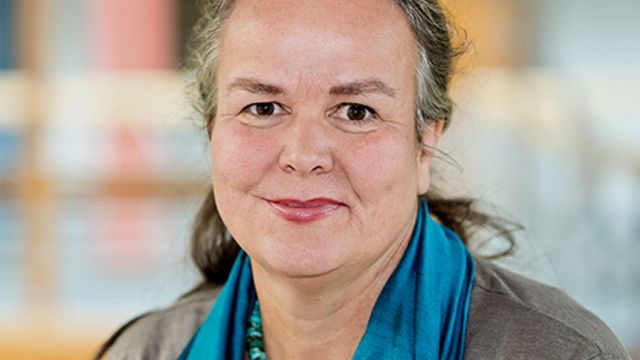
„The solidarity we show in dealing with both refugees and migrants determines the basic ethical stance of a society. Poverty, and climate and economic crises mean that active and effective solidarity and a radical rethink by policymakers are necessary.“

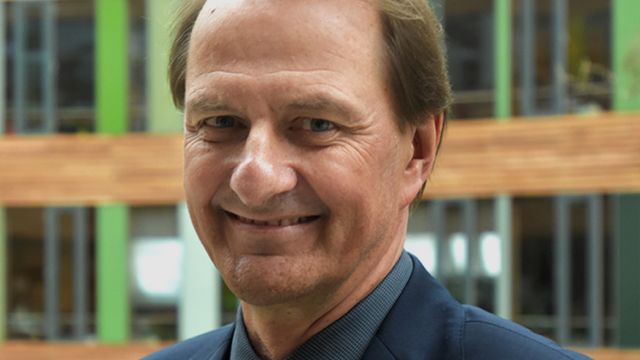
„Ambitious climate action in Europe can prevent people in the Global South losing their livelihoods and becoming refugees in their own country or being forced to look for ways to offer their families a safer future beyond the borders of their home country. Failure to protect the climate aggravates the drivers of displacement.“

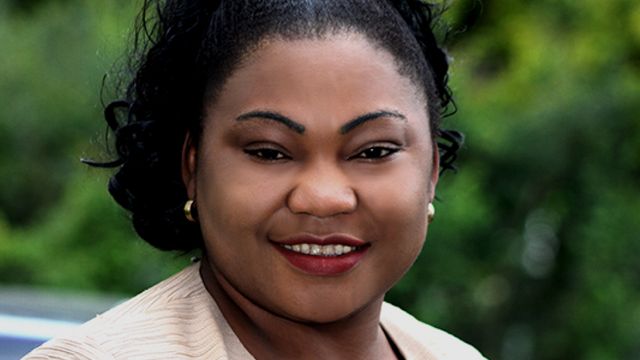
„Migrant organisations are important partners for policymakers: they have much to offer in terms of expert knowledge and the potential to act as mediators between Germany and their countries of origin on migration issues. We therefore recommend that diaspora organisations be acknowledged as important players and partners for German development and migration policy, and as actors in tackling the causes of displacement.“

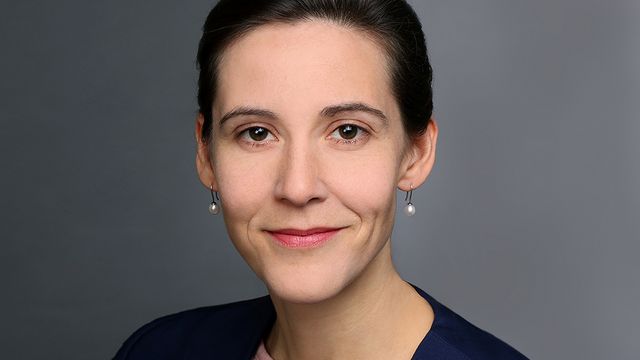
„To those who say our proposals cost too much, we say: the costs for Germany to reduce the root causes of displacement and irregular migration will always be lower than the costs for Germany of not addressing them – that is the lesson we have learned since 2015.“

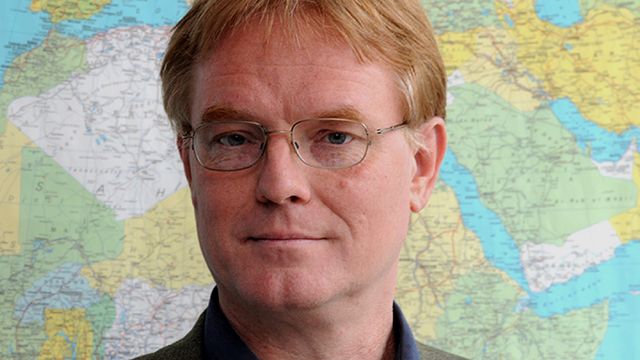
„Global warming adversely affects natural resources and social systems on which many people depend for their livelihoods and for a decent life. Inequality, conflict and displacement are increasingly becoming a problem in poorer regions. Rich countries have a special responsibility for strengthening environmental and climate protection, mitigating climate risks and promoting adaptation. Besides recognition and support for people who have been displaced by climate change, there needs to be closer cooperation between North and South in order to promote climate-friendly development.“

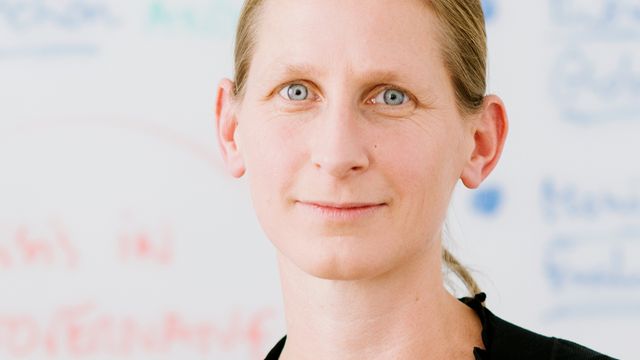
„Our government needs to enhance its strategic capability in order to be better able to prevent crises and resolve conflicts. For that it will need sufficient capacities in order to be better able to recognise medium-term risks and translate the knowledge gained into decisions and strategies.“


„Patriarchal structures and gender-based violence, such as domestic violence or female genital mutilation, make the already precarious living conditions in conflict regions even worse for women. Physical integrity, comprehensive education, gender equality and equal participation in political decision-making – only when these conditions exist can women contribute to the development of their countries and the elimination of the root causes of displacement.“

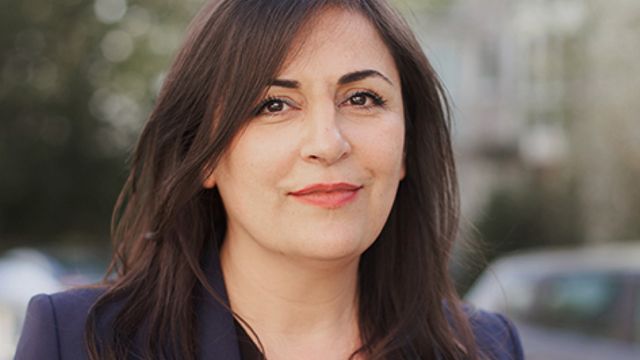
„I am pleased about the outcome of our almost two years of collaboration in the Commission. We have been able, above all, to put a pointed emphasis on the topic of “women and displacement”. In countries where the suffering of the population is a cause of displacement and migration, the weak socio-economic position of women implies a significant policy value. Their role as agents of change must therefore be strengthened, so that conflicts do not escalate into wars.“

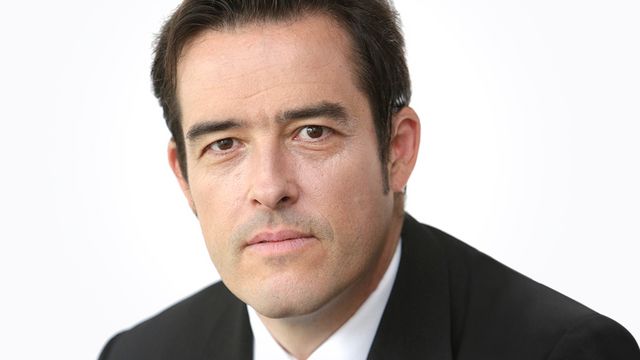
„The reasons why people leave their home countries are many and varied. A wide range of measures is therefore needed in order to successfully address these developments. In my view, sustainable economic development in the industrial and services sectors, support for vocational training and improving agricultural productivity in the countries from which displaced people originate are some of the measures that are necessary.“

